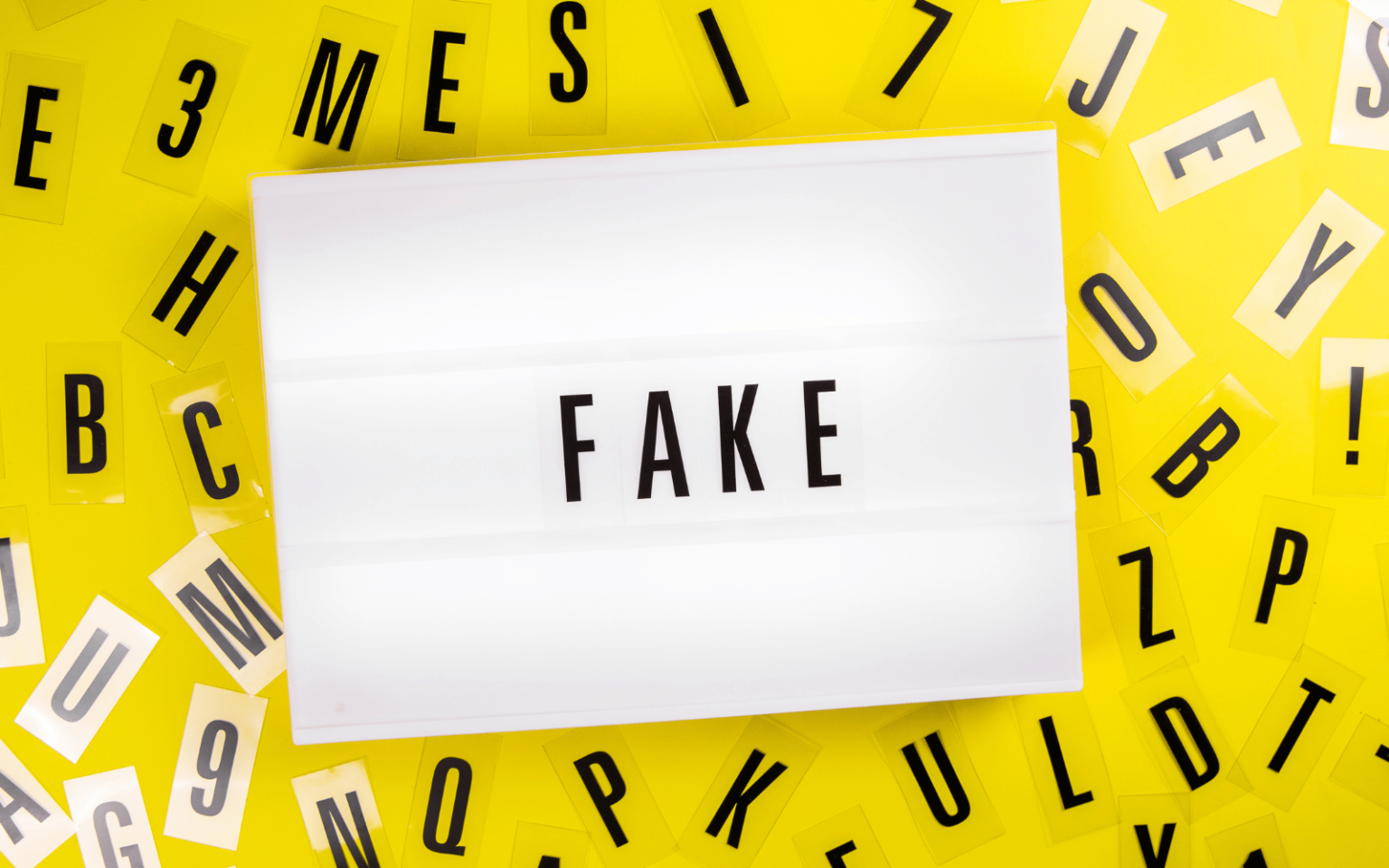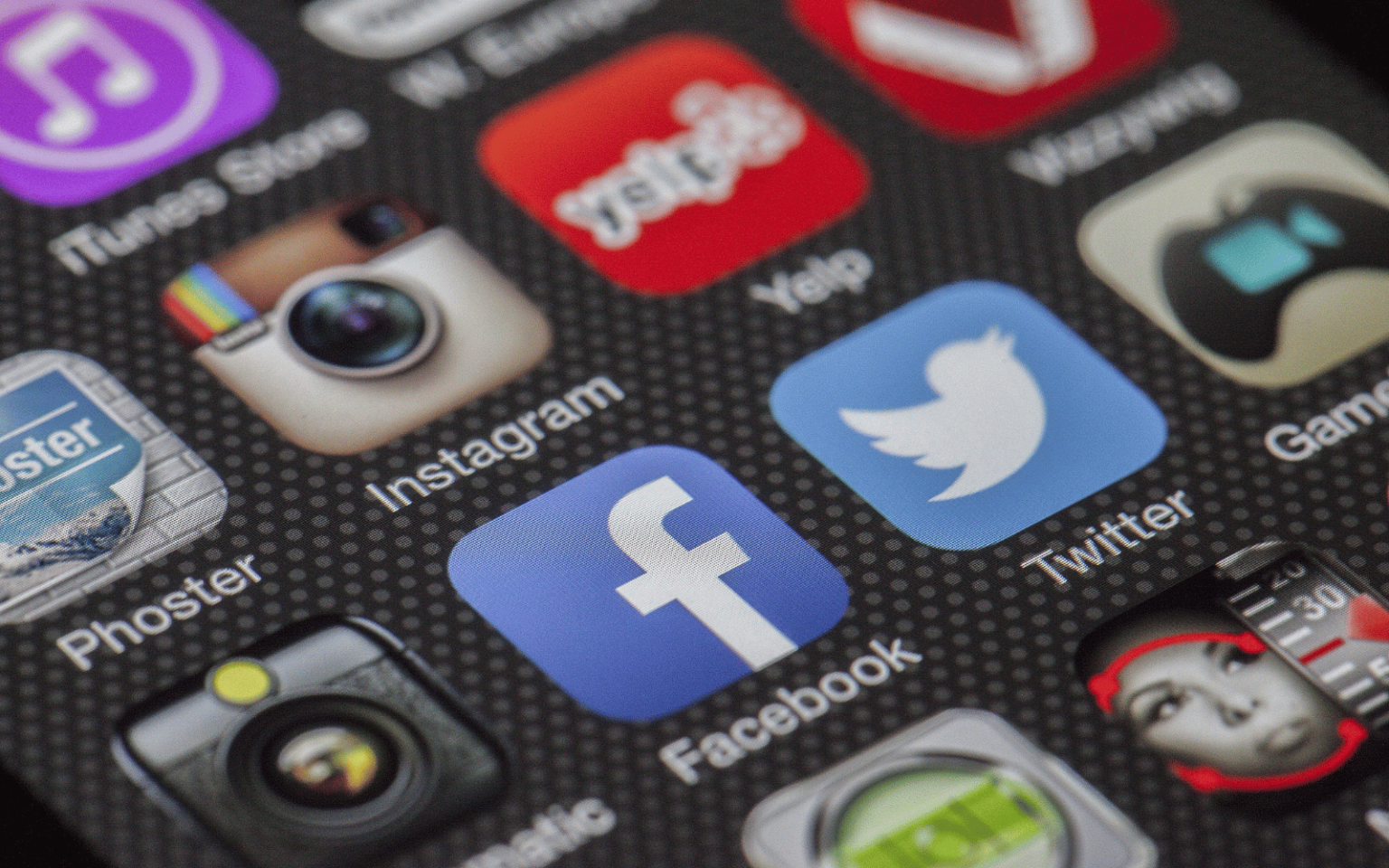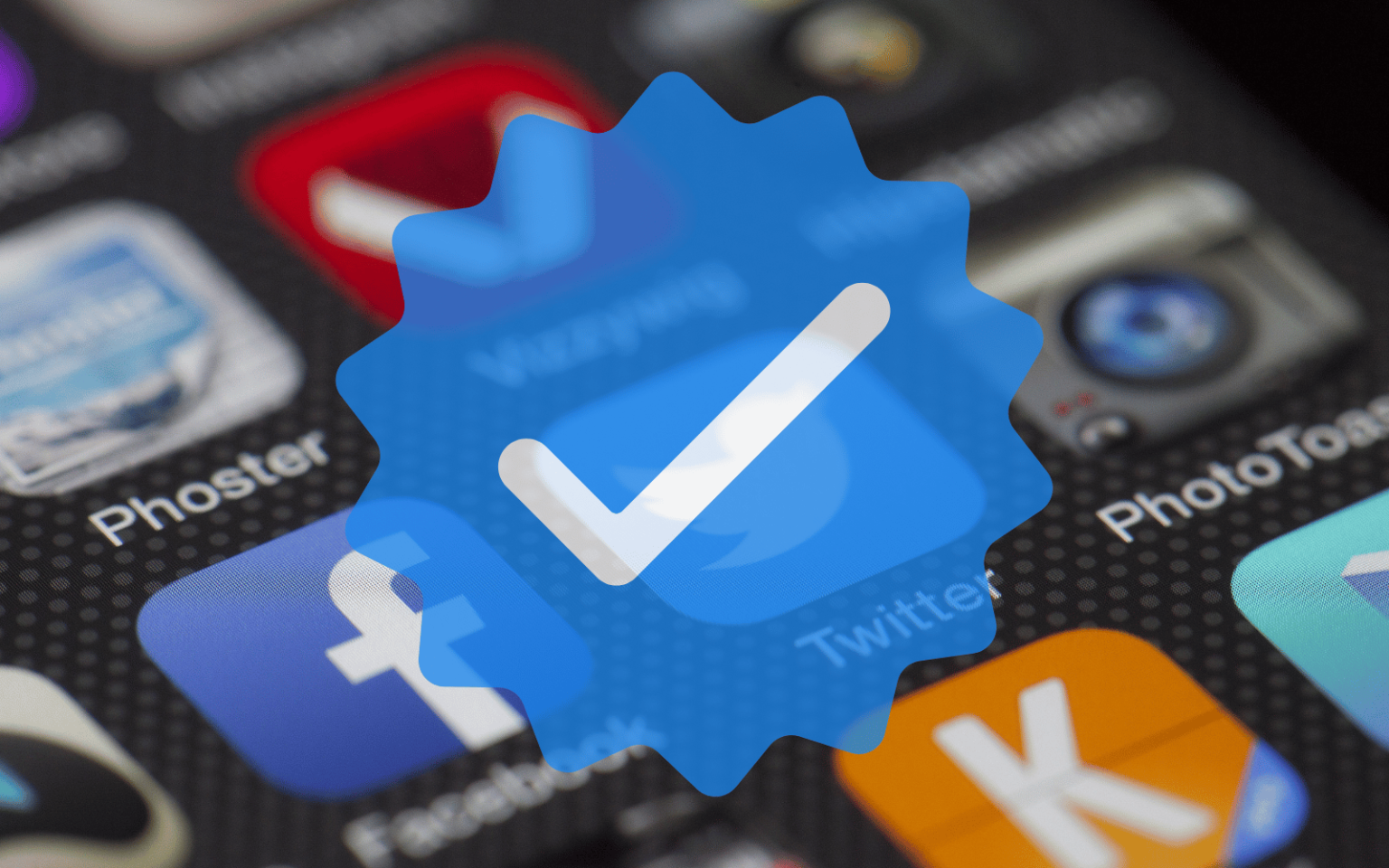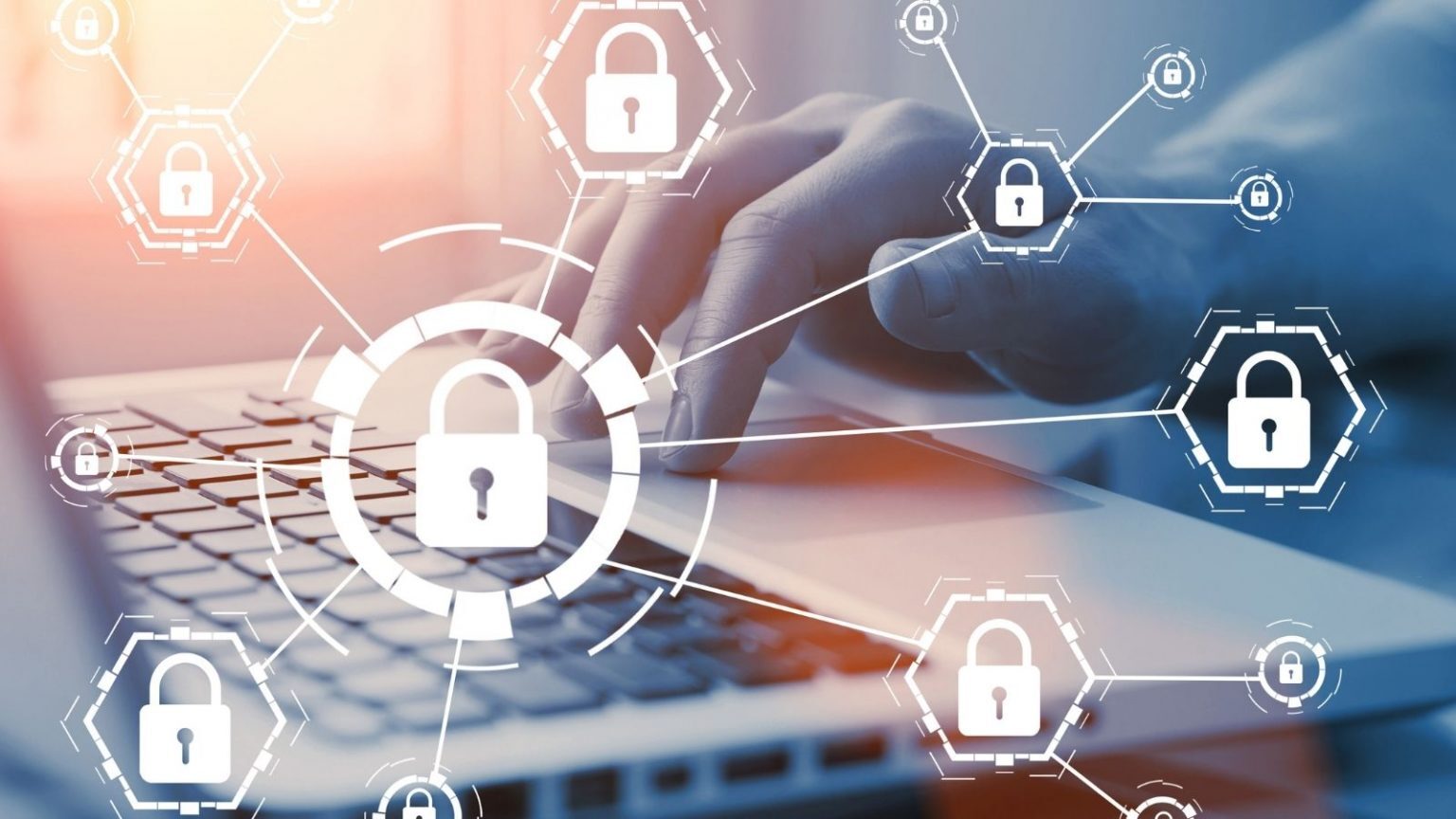Most people are familiar with the deluge of artificial intelligence (AI) apps that seem designed to make us more efficient and creative. We’ve got apps that take text prompts and generate art, and the controversial ChatGPT, which raises serious questions about originality, misinformation and plagiarism. Despite these concerns, AI is becoming ever more pervasive and intrusive. It’s the latest technology that will irreversibly change our lives. The internet and smartphones were other examples. But unlike those technologies, many philosophers and scientists think AI could one day reach (or even go beyond) human-style “thinking”. This possibility, coupled with our increasing dependence on AI,…
Author: The Conversation
The COVID-19 pandemic was a shock to higher education systems everywhere. But while some changes, like moving lectures online, were relatively easy to make, assessment posed a much bigger challenge. Assessment can take many forms, from essays to exams to experiments and more. Many institutions and individual academics essentially outsourced the assessment process to software. They increased their use of programs like Turnitin to check for matched wording in students’ assignments. And for closed-book, timed tests they used tools such as Proctorio, which monitor a student’s computer or phone while they write exams. But universities did not seize this chance to reflect on what…
“So far as the influence of the newspaper upon the mind and morals of the people is concerned, there can be no rational doubt that the telegraph has caused vast injury.” So said the The New York Times in 1858, when the transatlantic cable linking North America and Europe was completed. The telegraph was assumed to be a means of spreading propaganda that would destabilise society. It was also seen as a vehicle used to disconnect people from the real world by introducing false ideas in their heads. Today, we might dismiss this as an irrational fear – a moral panic. Go back further and…
Hot on the heels of the disappointing Green Comet, astronomers have just discovered a new comet with the potential to be next year’s big story – C/2023 A3 (Tsuchinshan-ATLAS). Although it is still more than 18 months from its closest approach to Earth and the Sun, comet Tsuchinshan-ATLAS already has social media buzzing, with optimistic articles being written about how it could be a spectacular sight. What’s the full story on this new icy wanderer? Introducing comet C/2023 A3 (Tsuchinshan-ATLAS) Every year, a few dozen new comets are discovered – dirty snowballs moving on highly elongated paths around the Sun. The vast…
Popular culture is fascinated with the ability to detect liars. Lie detector tests are a staple of police dramas, and TV shows such as Poker Face feature “human polygraphs” who detect deception by picking up tell-tale signs in people’s behaviour. Records of attempts to detect lies, whether by technical means or by skilled observers, go back at least 3,000 years. Forensic science lie detection techniques have become increasingly popular since the invention of the polygraph early in the 20th century, with the latest methods involving advanced brain imaging. Proponents of lie detection technology sometimes make grandiose claims, such as a recent paper that said “with…
Social media services have generally been free of charge for users, but now, with ad revenues slowing down, social media companies are looking for new revenue streams beyond targeted ads. Now, Twitter is charging for its blue check verification, and Meta and Twitter both charge for identity protection. Users benefit from “free” services such as social media platforms. According to one study, in the U.S., Facebook users say they would have to be paid in the range of $40 to $50 to leave the social networking service for one month. If you value Facebook highly enough that you’d need to get paid to take a…
NASA recently announced the discovery of a new, Earth-sized planet in the habitable zone of a nearby star called TOI-700. We are two of the astronomers who led the discovery of this planet, called TOI-700 e. TOI-700 e is just over 100 light years from Earth – too far away for humans to visit – but we do know that it is similar in size to the Earth, likely rocky in composition and could potentially support life. You’ve probably heard about some of the many other exoplanet discoveries in recent years. In fact, TOI-700 e is one of two potentially habitable planets just in the TOI-700 star system. Habitable planets are those…
“Integrity,” “Professionalism”, “Creativity” — three of many words I used to see around one of the offices I worked in in New York. Like other aspects of corporate culture, these annoyed me. It’s easy to write words in big font on the glass doors of meeting rooms. But it’s something else to embody the qualities they suggest. I didn’t realise it at the time, but what irritated me about these words related to a larger question in the theory of signalling, which deals with the ways different species communicate at a fundamental level. Signals are used by animals to advertise their…
Is our universe all there is, or could there be more? Is our universe just one of a countless multitude, all together in an all-encompassing multiverse? And if there are other universes, what would they be like? Could they be habitable? This might feel like speculation heaped upon speculation, but it’s not as crazy as you might think. My colleagues and I have been exploring what other parts of the multiverse might be like – and what these hypothetical neighbouring universes can tell us about the conditions that make life possible, and how they arise. What-if universes Some physicists contend that a…
From smart watches and meditation apps to digital assistants and social media platforms, we interact with technology daily. And some of these technologies have become an essential part of our social and professional lives. In exchange for access to their digital products and services, many tech companies collect and use our personal information. They use that information to predict and influence our future behaviour. This kind of surveillance capitalism can take the form of recommendation algorithms, targeted advertising and customized experiences. Tech companies claim these personalized experiences and benefits enhance the user’s experience, however the vast majority of consumers are unhappy with these practices, especially after learning how…










